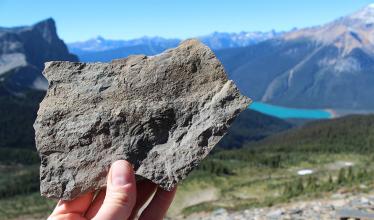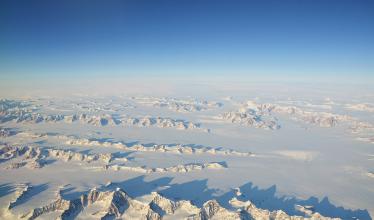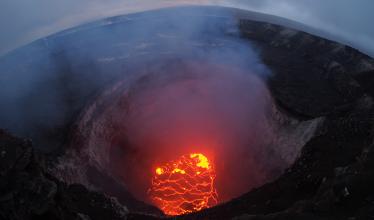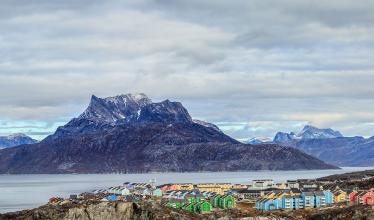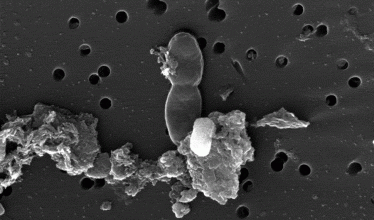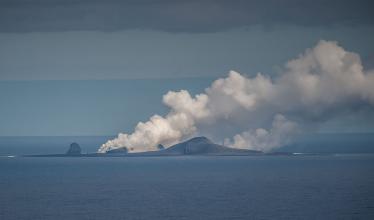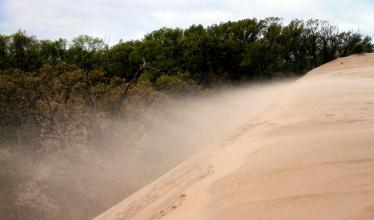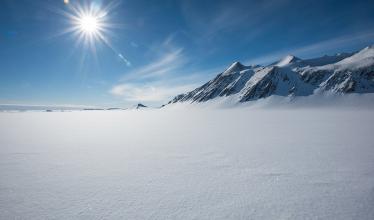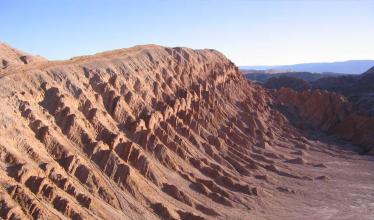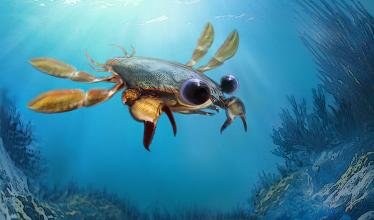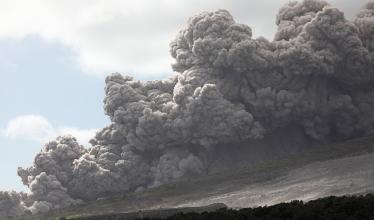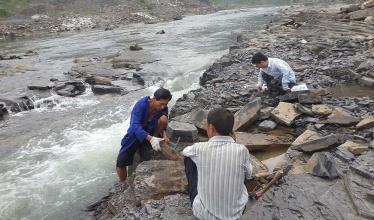Geology
New discovery could help scientists unearth more ancient microbial fossils and shed light on some big questions about early life on Earth.
Ice-buried canyons may have been formed by repeated floods as the world went into an ice age more than 2 million years ago.
A new study suggests a correlation between volcanic activity and heavy rainfall, but other volcanologists are skeptical.
Researchers examined some of the oldest rocks in western Greenland to probe the beginnings of today’s continents.
The water contains bacterialike shapes that researchers plan to test for DNA.
Some bubbles grow to be more than a quarter-mile across.
Scientists now know much more about the underground cavities in the sand that nearly killed a boy in 2013.
Researchers in Antarctica turned up a large amount of a form of iron likely forged in nearby supernova explosions.
Understanding how seemingly solid rocks get squished could make mining and construction projects safer.
Newly defined species that lived 90 million years ago represents a chimera -- or even the crab family's platypus, researchers say.
Researchers find that hot ash, lava, boulders and gas can rush from a volcano at high speeds on a cushion of air.
Newly-discovered fossil deposit contains more than 50 unknown species from the Cambrian Explosion, when most complex body plans appeared.

